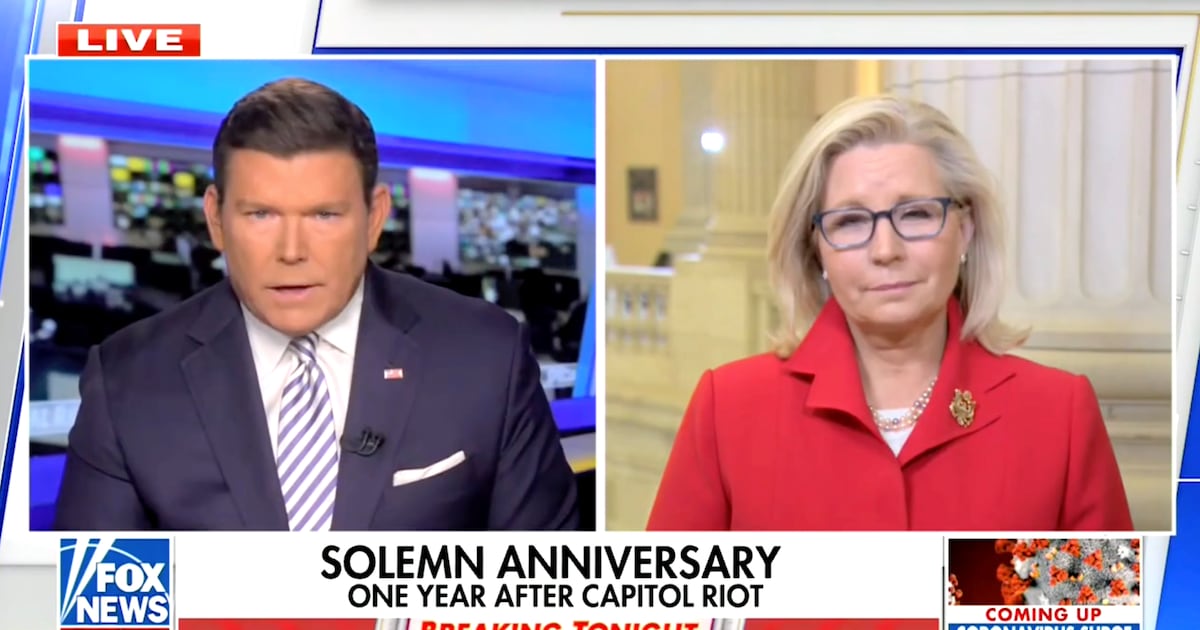BARCELONA—After Sunday’s independence referendum in Catalonia, what was once theoretical dislike for the central government in Madrid has turned into visceral hatred. And there is no obvious solution in sight.
Spain, and the government of Spanish Prime Minister Mariano Rajoy, faces the biggest constitutional crisis since the end of the Franco dictatorship in 1975 as Catalonia’s secessionist politicians have declared that they will announce the region’s independence as early as Wednesday.
Rajoy says that he is ready to invoke article 155 of the Spanish constitution in order to dissolve the regional government and call new elections, but that he is “not going to close any door” to dialogue.
ADVERTISEMENT
Meanwhile, Carles Puigdemont, the region’s president, is doubling down after the events of Sunday, which saw hundreds of people injured by National Police and Guardia Civil as protesters tried to prevent the cops from shutting down polling places.
"With this day of hope and suffering, the citizens of Catalonia have won the right to an independent state in the form of a republic," Puigdemont announced on television. Leader of the political parties of the region met this morning to consider their next steps.
More protests are already on the horizon as several of the region’s unions have declared a general strike beginning as early as Tuesday. Meanwhile Madrid’s main equities market the Ibex35 fell by 1.3 percent in early trading on Monday. Catalonia’s economy is approximately the size of Portugal’s and accounts for roughly one-fifth of Spain’s economic output.
Local officials say that 90 percent of the 2.2 million people who voted on Sunday were in favor of independence. Catalan officials said that more than 750,000 votes could not be counted because ballot boxes had been confiscated.
The results fly in the face of recent opinion polls, which suggest that Catalan’s 7.5 million inhabitants are evenly divided on the independence question. A snap poll called by the Catalonia-based Spanish-language newspaper La Vanguardia found that more than 80 percent of respondents favored a negotiated settlement with Madrid.
Police interventions to impede the vote resulted in violence with 844 injuries reported on Sunday. Spain's Ministry of Interior said that 19 national police and 14 members of the country's Guardia Civil had been injured during operations to stop the referendum.
While the modern roots for Catalan Independence began in 1922 when Francesc Macià founded the first pro-independence political party in Catalonia: Estat Catala, the issue of independence has become heated in recent years as Catalans have complained that anywhere between €11 billion and €14 billion ($16.45 billion) in Catalan tax revenues has been used elsewhere in the country.
In Barcelona’s Plaza Catalunya, where a statue of Macià sits, young protesters gathered to protest the police violence. “Els carrers seran sempre nostras,” (the streets will always be ours) they shouted in Catalan. Like many in Barcelona and elsewhere in Catalonia, they woke up this morning still shocked by images of national police prowling their streets, beating up middle-aged women, or anyone else for that matter who impeded them from collecting ballot boxes.
“I still can’t believe it,” said Gemma Isern, 18, a student from the town of Vilanova, just outside of Barcelona. “We have never seen police behaving like they were barbarians. .”
Still others woke up weary, after a long night in front of polling stations, or just talking on the street trying to figure out what exactly would happen next.
Entire neighborhoods walked the city streets holding up candles and using their mobile phones as flashlights. They sang Els Segadors, the anthem of Catalonia and held hands.
Barcelona Mayor Ada Colau called for Rajoy to resign and the mayor’s office has urged residents who were injured during the violence to file legal complaints against the state. Colau, who does not support Catalan independence, has asked for intervention from the European Union to negotiate a settlement.
The rapidly unfolding events have sent tremors through the European Union, where many countries, including the United Kingdom, France, and Belgium, confront impassioned secessionist movements.
The European Commission, the executive body of the European Union, has responded by confirming that the Catalan question is an internal matter but also by calling on all sides to to “move very swiftly from confrontation to dialogue.”
“Violence can never be an instrument in politics,” the commission said in a statement. In a reference to Sunday’s violence it added: “We trust the leadership of Prime Minister Mariano Rajoy to manage this difficult process in full respect of the Spanish constitution and of the fundamental rights of citizens enshrined therein.”
The E.U. reiterated that if Catalonia decided to vote in favor of independence, even in a poll sanctioned by Madrid, the new state would live outside the boundaries of the E.U.
Since new membership would require the agreement of Spain, it is all but certain that an independent Catalonia would not be a part of the E.U. any time in the near future. Catalonia depends on Spain and Europe as the market for most of its goods and services.





